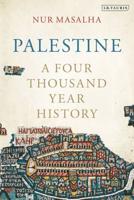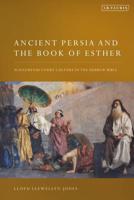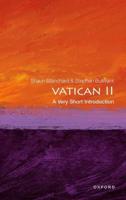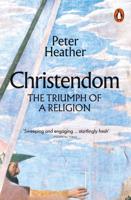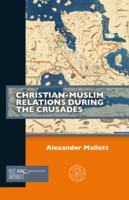Publisher's Synopsis
This is a study of the relationship between religious faith in France and the French experience of World War I. In the early weeks of the war, France underwent a patriotic revival, embodied in the term "Union Sacree", in which an upsurge in religious faith became allied to the national cause. For many French catholics, the conflict was percieved as a "holy" war and it was believed that soliders who were prepared to sacrifice their lives for the nation would go straight to heaven. By 1918, after four years of trench warfare and immense numbers of casualties, the fire of this religious "awakening" continued to burn in the hearts of many French men and women.;The authors examine Protestantism and Judaism as well as Catholicism, and throughout the book they focus on the fears, hopes, sufferings and consolations of French soldiers and their families. The roots of the religious revival are traced back to the French defeat in the Franco-Prussian War of 1870/1, which was interpreted by the Church as a judgment upon the nation, and the formal separation of Church and State in 1905. The new ecumenicism which emerged, incorporating both Protestants and Jews, allowed the development of spiritual solidarity behind the national cause. The author also provides a comparison between the awakening of French religious faith with the corresponding revivalism movement in the United States upon their entry into the war in 1917.





